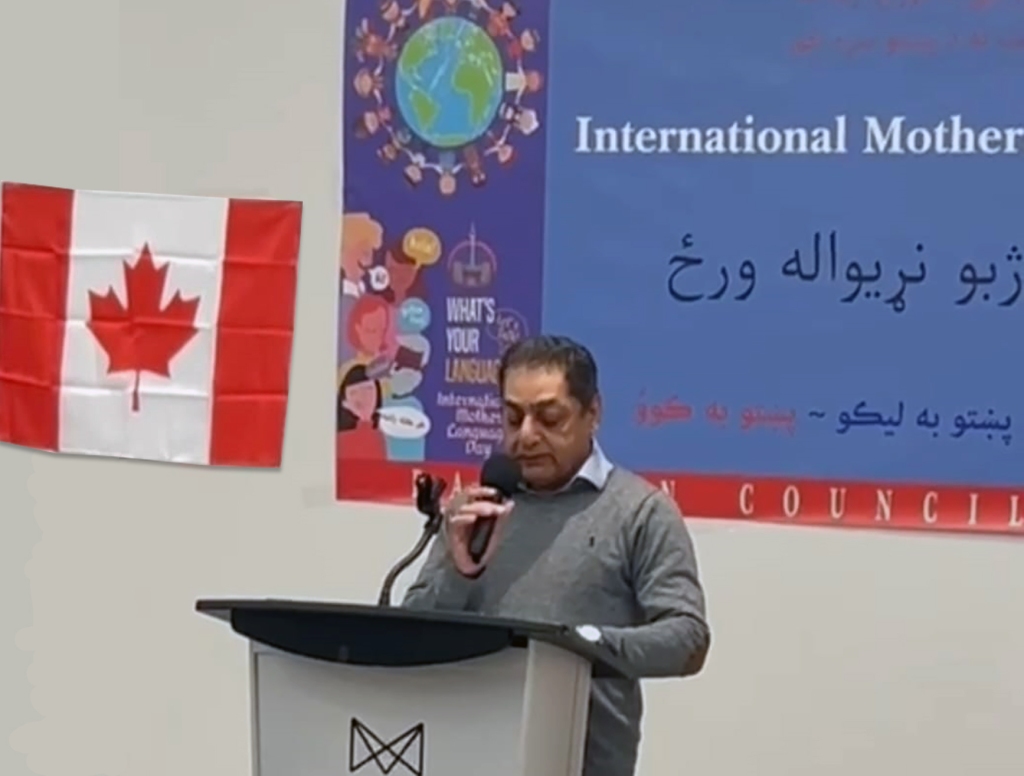Mir Mohammad Ali Talpur
The Period of Ambiguity and the latest Insurgency
The split in the ranks of the resistance composed largely of the Marri tribe meant Mir Hazar went openly into the arms of the Pakistani state. That meant a person who could have helped the armed struggle that began later was neutralised. Things were not in a good shape on the other side as well because three sons of Nawab Khair Bakhsh Marri, the tribe’s Sardar (chief), Jangez, Gazain and Hayrbiyar, despite his displeasure, became ministers in the Balochistan government headed by Zulfiqar Magsi. This came as a huge disappointment to a lot of Baloch who looked up to Khair Bakhsh as an uncompromising Baloch nationalist who put no faith in parliamentary politics. It was the lowest point in decades as people thought that even Khair Bakhsh had given up on the struggle for Baloch rights, which was contrary to the facts as he carried on study circles and nurtured and promoted those he felt could and would fight. Among others in this circle was his son Balach Marri.
On January 7, 2000, Justice Mohammad Nawaz Marri was killed. Khair Bakhsh was implicated in the case. He was arrested and remained incarcerated for 18 months. Eventually he was released on bail as the case was false. The arrest of Khair Bakhsh on trumped up charges created a lot of resentment among the people and it also meant the end of the wishful period during which the sons of Khair Bakhsh cooperated with the state. This was always and had to eventually be proved an exercise in futility that may have satisfied some egos but was always a zero-sum game.
Continue reading



